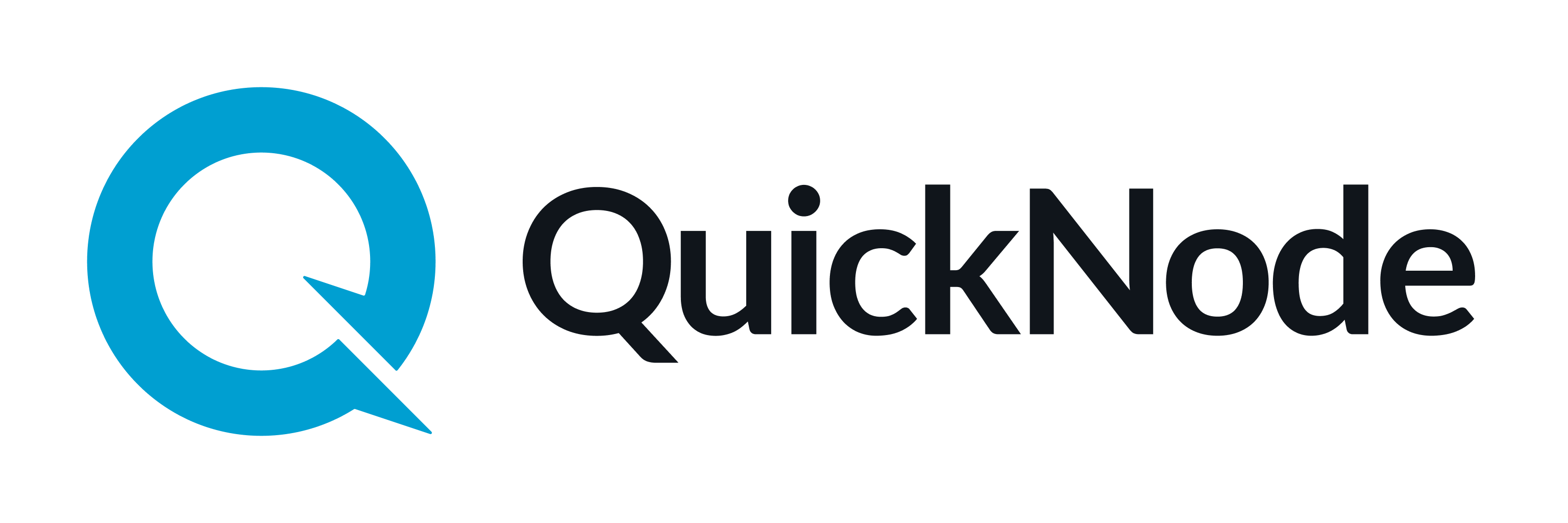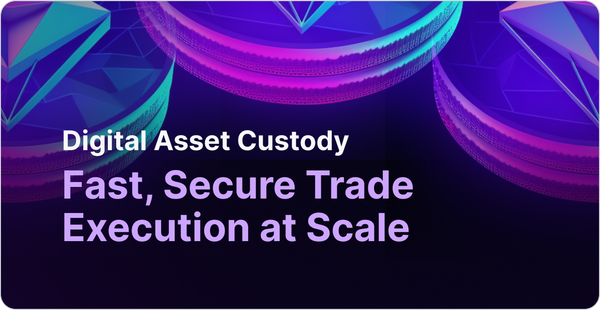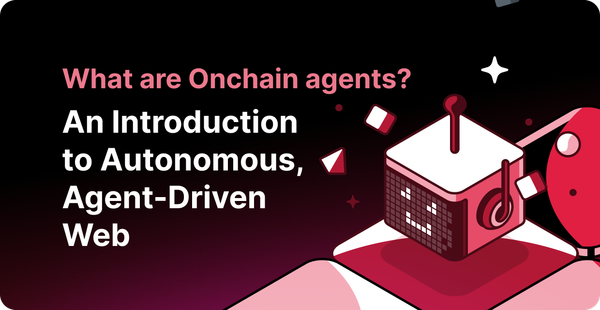Gaming to Luxury Goods: The Many Use Cases of NFTs
The powerful use cases of NFTs for gaming, luxury goods and fashion, events and ticketing, music, and more.
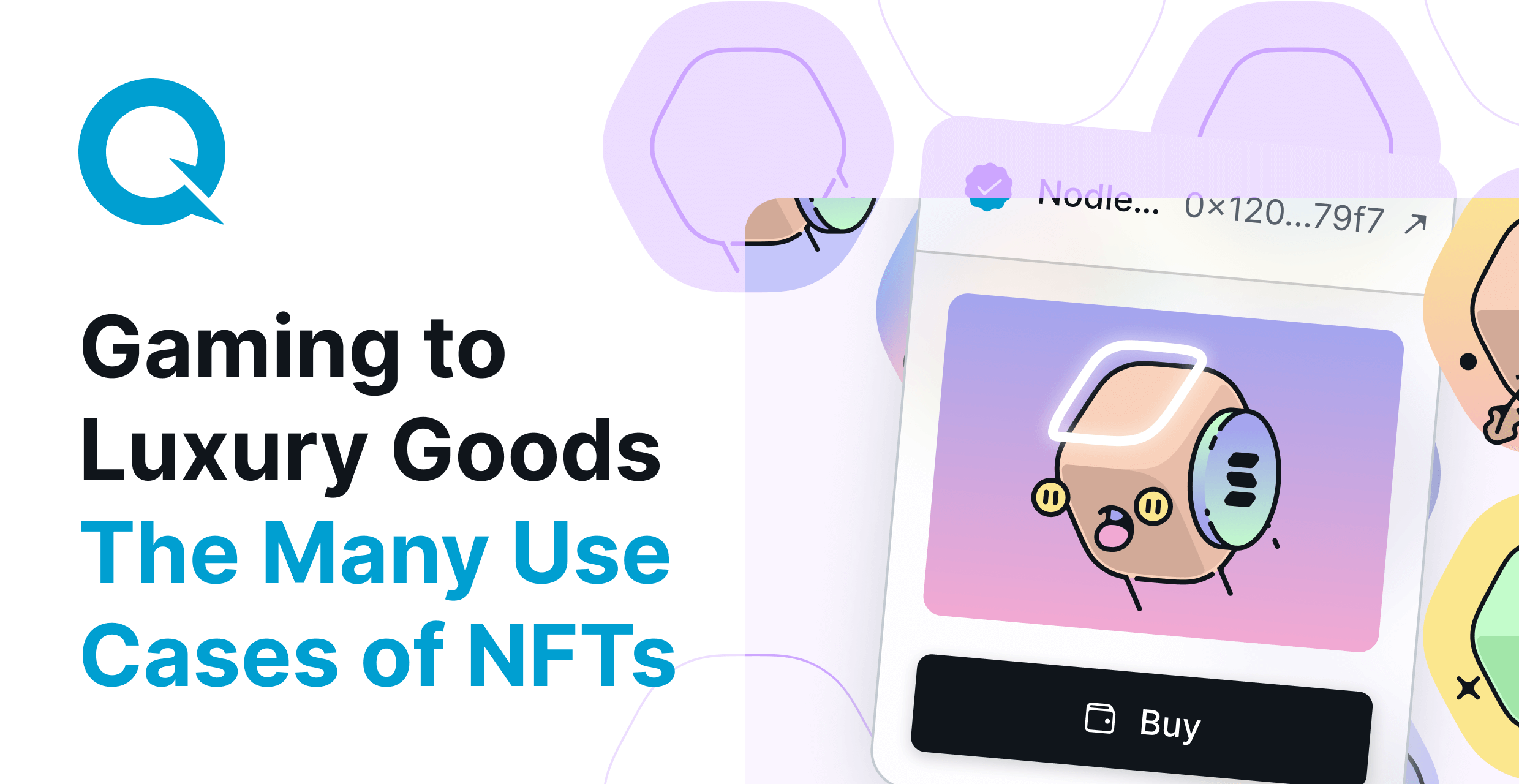
It has been ten years since Colored Coins first laid the foundation for NFTs and almost two years since NFTs exploded onto the scene, but for many, NFTs are still an enigma.
At this point, we've all heard the usual questions:
- Are they art?
- Are they just digital pixels?
- Are they a scam?
- Why is this monkey worth so much?
Above all else, however, people are confused about what the point of NFTs is in the first place. How do these virtual JPEGs make life better?
In this article, we'll dive into precisely that by exploring some of the many use cases of this innovative technology.
A Brief Overview of NFTs
NFTs, short for Non-Fungible Tokens, are unique tokens held on a decentralized ledger by a single owner. In other words, each NFT is one of a kind, and each NFT can only be held by one owner at a time. So, for example, you and I can both own Ethereum. However, you and I can not both own the same Bored Ape.
Although each NFT is unique, they all share some common attributes:
- Non-Fungible: Non-Fungible means that NFTs can not be exchanged for an exact replica. Each NFT is unique.
- On-Chain: NFTs live on the blockchain, not the tangible world.
- Indivisibility: You can not divide an NFT into smaller parts. I can have .10ETH. I can't have .10 of a Bored Ape.
- Transferable: NFTs can be bought, sold, transferred, and traded.
- Verifiable: Because NFTs live on an immutable record known as the blockchain, both the legitimacy and ownership of NFTs are always verifiable.
From this list, it becomes clear that NFTs are primed for uses-cases where ownership and authentication are necessary.
- The non-fungibility, indivisibility, and transferability of NFTs make them a perfect candidate to bring ownership of real-world items to the blockchain.
- The verifiability and on-chain nature of NFTs make fraud impossible, suiting them well for uses where authentication is needed.
Now that we've established NFTs and their general powers, let's discuss some specific NFT use cases.
Gaming
There is no shortage of NFT games, and there's a good reason for that:
NFTs are tailor-made for gaming.
To understand why, think back to when you were a kid. Regardless of whether you were playing RuneScape, World-of-Warcraft, or Minecraft, I bet you were putting in a lot of hours to improve in the game. This grinding resulted in you getting really good at the game and earning rewards such as new levels, skills, and items, which seemed like a fair trade at the time.
But, what if you were able to profit from your work in the game? Wouldn't that have made your experience more worthwhile?
That is exactly what NFTs give players.
With NFTs, you can now 'own' your in-game assets, allowing you to profit from them as you please.
No longer do all the spoils go to the game developers. With NFTs, the players get a cut too.
Luxury Goods and Fashion
The worst nightmare for anybody buying a luxury good or designer fashion item is accidentally buying a fake. Unfortunately, this is an uncomfortably possible outcome, with the counterfeit market now worth $600 billion a year and up to 10% of all sold branded goods being counterfeit.
Nobody wants to buy a fake Rolex.
NFTs make doing so impossible.
As we know, NFTs live on-chain, are unique, and are verifiable. If Rolex was to tokenize their watches as NFTs, the buyer could easily verify the legitimacy of their purchase. Counterfeiting an NFT is quite literally impossible.
Besides eliminating counterfeit sales, luxury NFTs also enable people to flex their items in the digital world. If the metaverse becomes as big a part of our life as many believe it will, people are going to want to be able to wear their Rolex in it. NFTs make this possible.
Events and Ticketing
If you're an event organizer, NFTs are perfect for gating entrance.
Why? Because not only do NFTs prevent counterfeit ticketing, but it also enables the event organizer to make more money. This is done through a royalty system that pays the host/artist/team for each ticket sale, similarly to how NFTs sold on OpenSea pay a royalty to the creator of the art.
Fewer scams and more profit = a better experience for everybody involved.
Music
NFTs have enabled countless artists to make a living previously impossible, and they can do the same for musicians.
The possibilities are many:
- Tokenization of songs and albums, allowing the musician to bypass the middleman and sell directly to fans while also earning royalties from secondary sales.
- The sale of unique branded digital merchandise.
- NFT ticket sales cut out malicious third parties and put more money into the musician's pocket.
- Tokenized record deals, allowing fans to 'invest' into the musician.
The music industry is ripe for disruption, and NFTs are the perfect catalyst for change.
Supply Chain
It is no secret that the world is currently plagued by inflation. Some of this inflation can definitely be blamed on poor monetary policy (which DeFi fixes), but much of it is due to supply chain issues.
NFTs, believe it or not, can help to alleviate bottlenecks and make supply chains more efficient.
Supply chains are incredibly long and complex. As a result, tracking the journey of even a single item is exceptionally challenging. This is a problem because a bottleneck in any part of a supply chain often leads to costly delays. By bringing physical items on-chain, NFTs make examining the supply chain much more manageable.
Suppose you turn the items on the supply chain into NFTs. In that case, you are able to embed valuable metadata such as its identity, physical location, possession, and other metrics into the NFT. Because this data is constantly updated, you will have a real-time view of every item in the supply chain. Now, tracking down what item is causing bottlenecks is as easy as checking the blockchain.
Say goodbye to supply chain issues.
The future is bright for NFTs
The future is bright for NFTs
Although this list is by no means exhaustive, hopefully, it gives you a good idea of the game-changing potential of NFTs.
It's impossible to say how NFTs evolve from here.
However, if the next decade is anything like the first decade, then NFTs are just scratching the surface of their potential.
Q&A with Crossmint
We had a chance to speak with Crossmint and discuss where they see NFT use cases heading.
Co-founded by Rodri Fernandez Touza and Alfonso Gomez Jordana Manas, Crossmint is revolutionizing the world of NFTs by making them accessible to everyone. With a comprehensive suite of tools and APIs, the platform enables users to create, distribute, and custody NFTs at scale. Crossmint is currently partnering with industry giants such as Magic Eden, Rarible, Diageo, Cinemark, Tomorrowland, and McFarlane Toys to bring NFTs and blockchain-powered ownership to the mainstream.
Lear more about Crossmint in our Feature Fridays Series.
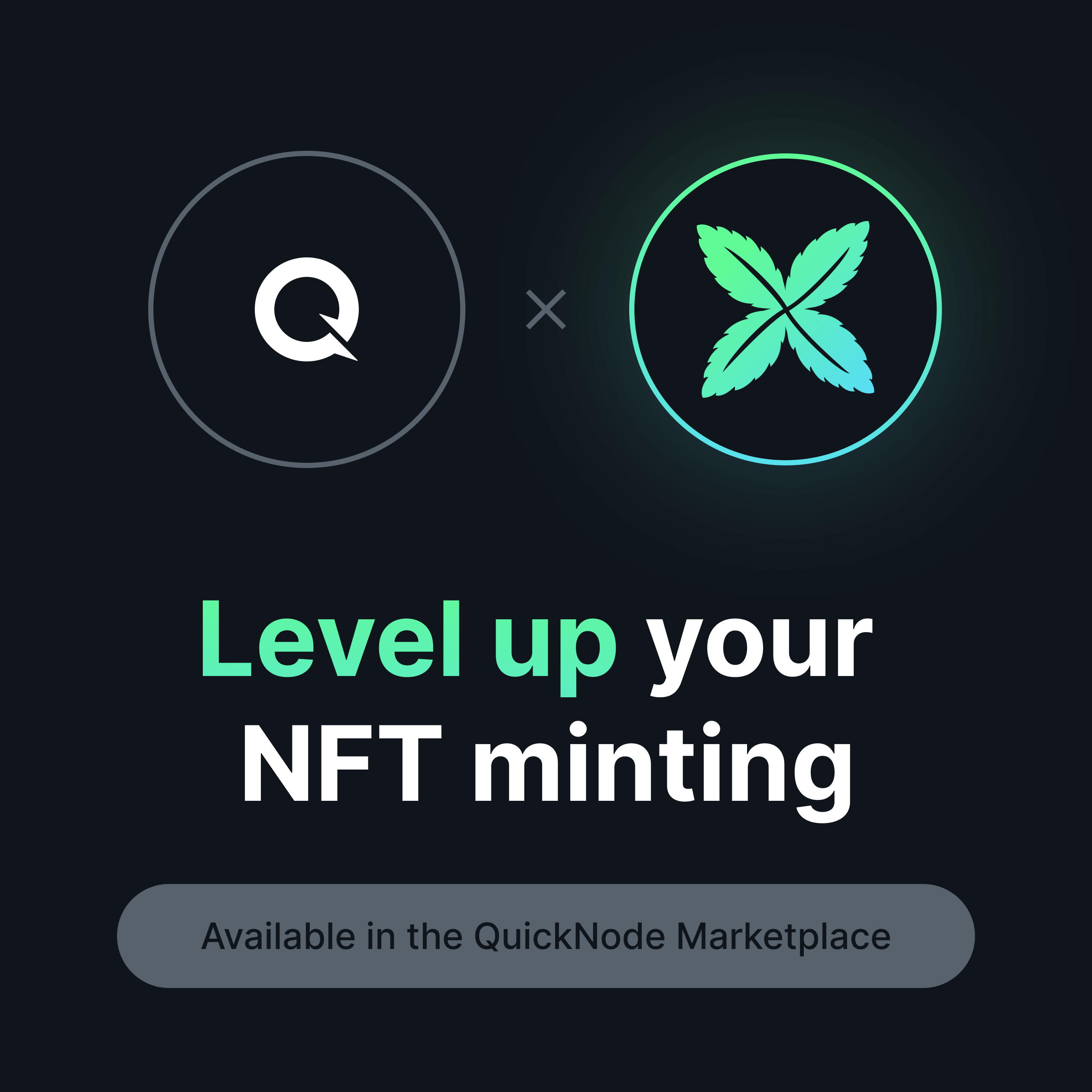
What positive impact will NFTs have on gaming, luxury goods, fashion, events, ticketing, or music?
We're already seeing name brands step into NFTs — household names like Crown Royal, Vera Bradley, Cinemark, and many more are piloting marketing campaigns, digital twin assets, and loyalty rewards with digital assets. NFTs have the potential to disrupt entire industries, creating room for brands to engage with customers on a level they couldn't before; holding an NFT brings a feeling of ownership, belonging, and the sense of being rewarded for participation. Brands are creating unique, immersive experiences that leave long-lasting impressions on customers and end-users. From receiving a digital version of your new luxury handbag or watch to actually owning your loyalty rewards, NFTs are giving ownership new depths across industries.
What will it take for mass adoption of blockchain technology, and how is Crossmint supporting this?
Today it's very difficult and time-consuming for developers to create NFT apps, and even harder for the end-user to engage with them. From smart contract development, to setting up a browser extension wallet, on-ramping into crypto, and then learning the ins and outs of transacting on chain, there are multiple high barriers to entry into the space.
Our goal is to break those down — for developers, we have a broad suite of tools encompassing the entire NFT experience, from creation to distribution and selling with fiat. For NFT buyers, we have user-friendly wallets and the leading fiat on-ramp trusted by Magic Eden, Rarible, Origin, and thousands of other creators and platforms. Our minting APIs power NFT experiences for brands like Crown Royal, Cinemark, Solana Spaces, Vayner3, and more.
Thanks to QuickNode's add-on marketplace, it's even easier for developers to create and distribute NFTs with our APIs - check out their step-by-step walkthrough here!

About QuickNode
QuickNode is building infrastructure to support the future of Web3. Since 2017, we've worked with hundreds of developers and companies, helping scale dApps and providing high-performance access to 20+ blockchains. Subscribe to our newsletter for more content like this, and stay in the loop with what's happening in Web3!
